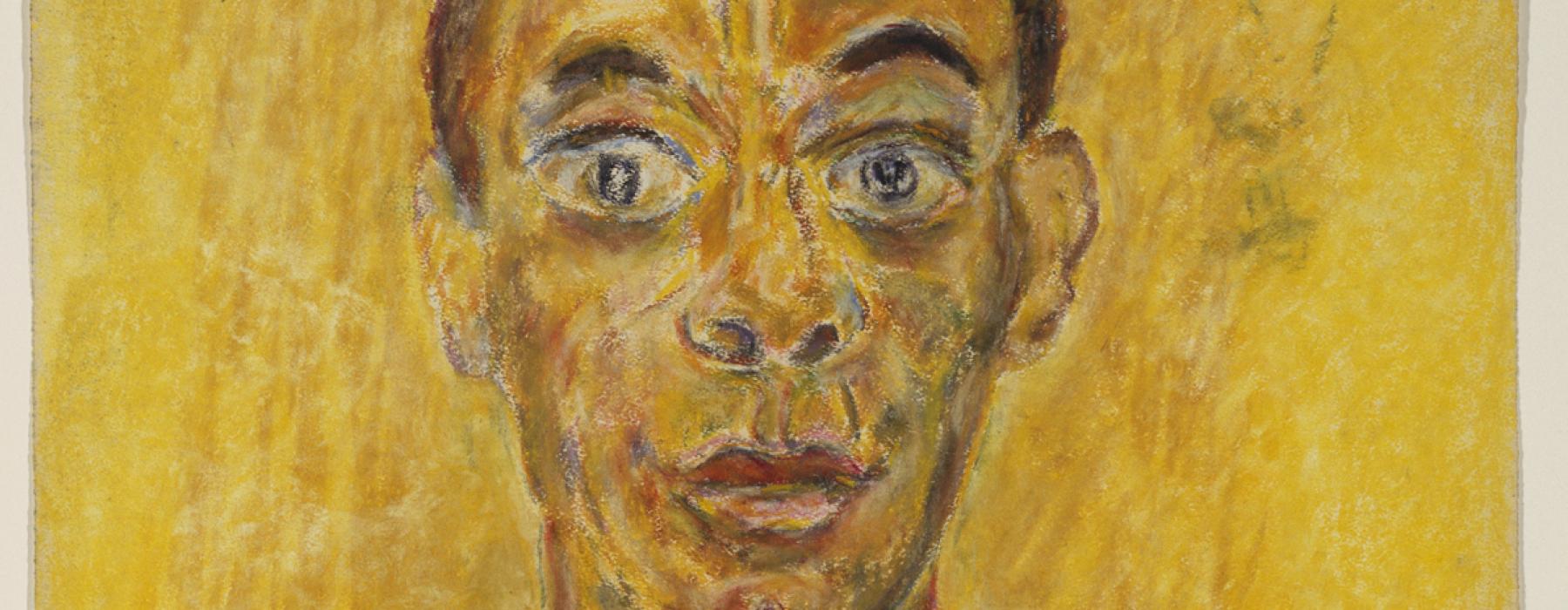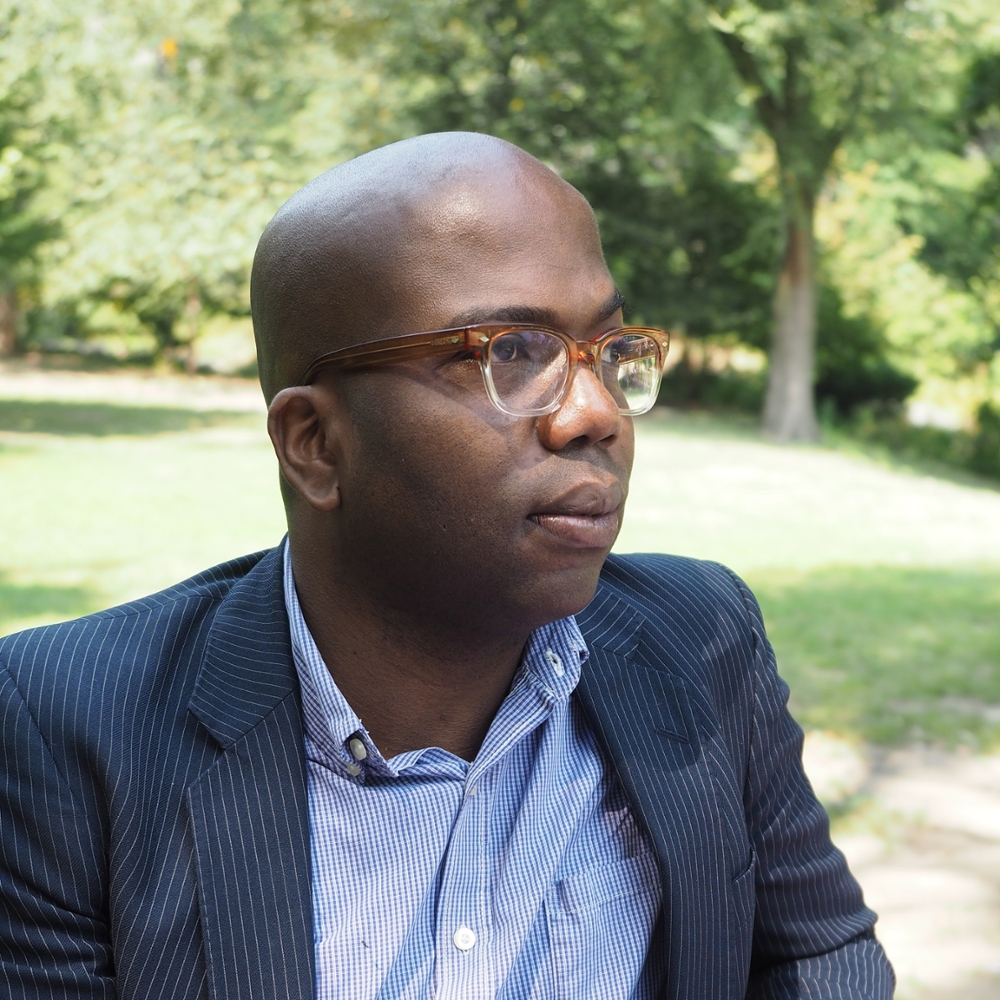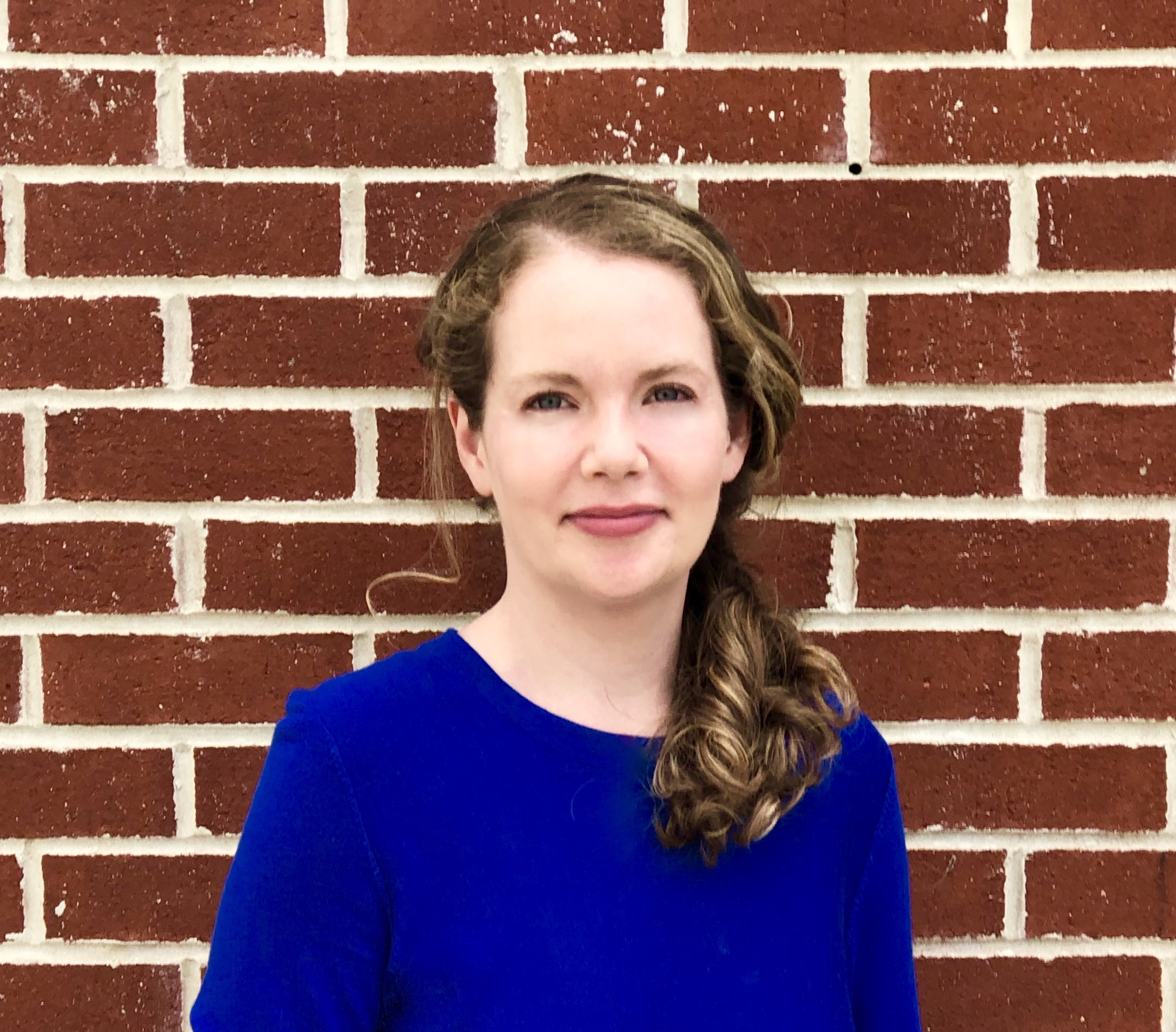
Rich Blint is a scholar, writer, and curator. He is assistant professor of Literature in the Department of Literary Studies, director of the Program in Race and Ethnicity, and affiliate faculty in Gender Studies at the Eugene Lang College of Liberal Arts, The New School. He is co-editor of a special issue of African American Review on James Baldwin (2014), contributing editor of James Baldwin Review, and wrote the introduction and notes for the eBook Baldwin for Our Times: Writings from James Baldwin for a Time of Sorrow and Struggle (Beacon Press 2016).
Upcoming books include A Radical Interiority: James Baldwin and the Personified Self in Modern American Culture, and A Queer Spirit: Incidents in the Life of the Americas. He is also co-editor of the forthcoming Cambridge volume African American Literature in Transition, 1980-1990, and Approaches to Teaching the Works of James Baldwin, currently under preparation for the Modern Language Association. His writing has appeared in African American Review, Anthropology Now, The Believer, McSweeney's, JBR, sx visualities, and the A-Line: a journal of progressive thought where he serves as editor-at-large.
Curatorial projects include Renee Cox: Revisiting The Queen Nanny of the Maroons Series, Columbia University (2016), The Devil Finds Work: James Baldwin on Film, The Film Society of Lincoln Center (2015), The First Sweet Music, The John and June Alcott Gallery, Hanes Art Center (2014), and Bigger Than Shadows, DODGEgallery, New York (2012).
Blint was the 2016-2017 Scholar-in-Residence in the MFA Program in Performance and Performance Studies at Pratt Institute, and a 2017-2018 Visiting Scholar at the Center for Experimental Humanities at New York University. He has received fellowships from the Andrew W. Mellon and Woodrow Wilson National Fellowship foundations.

